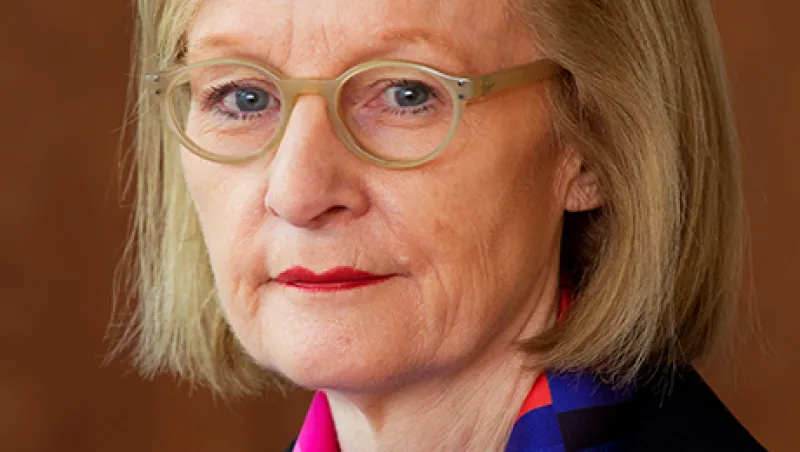All eyes will be on the Federal Reserve Board this week to see if the central bank, in its final policy meeting on Ben Bernanke’s watch, will set some clear criteria for winding down its bond purchases, or perhaps even begin tapering now.
Across the Atlantic, European Union officials this week are making decisions of equal importance for the euro area’s economy and financial stability — completing the bloc’s long-debated banking union. On Monday, the EU’s Council of Ministers formally ratified the appointment of France’s Danièle Nouy as head of a new, single supervisory mechanism inside the European Central Bank to oversee euro area banks. At a summit meeting in Brussels on Thursday and Friday, EU leaders are due to finalize rules for resolving failing banks and agree on a funding mechanism to finance bank bailouts.
The agreements on bank resolution and funding seem sure to create as many questions as they answer, but the coronation of the ECB as banking supervisor will make the central bank an even more powerful institution, along the lines of the Fed, which emerged from the crisis as the dominant U.S. financial regulator. Given the current low level of rates and the ECB’s aversion to quantitative easing, doing its new job properly is arguably the most effective thing the central bank can do to help restore confidence in the euro area.
Banking union is the EU’s answer to the 2008–’09 financial crisis and subsequent European debt crisis, which trapped troubled banks and troubled sovereigns in a downward spiral in Greece, Ireland, Portugal and Spain. Several rounds of stress tests failed to reestablish confidence because they lacked anything like the needed rigor, initially failing to take account of the damaged creditworthiness of European government bonds.
ECB officials know they will have only one chance to get things right. They are preparing the ground for an asset quality review (AQR) in 2014 that will seek to establish once and for all the genuine soundness of loans and bonds in bank portfolios. It’s not yet clear exactly what the AQR will produce — some type of rating, perhaps, to judge the quality of banks’ books — but the outcome, combined with a simultaneous new round of stress tests by the London-based European Banking Authority to determine whether banks need to raise additional capital, is critical for shoring up the bloc’s banking system.
EU officials seem to have been trying to outdo themselves recently with demonstrations of resolve. Olli Rehn, the EU commissioner for economic and monetary affairs, told reporters in Brussels recently that ECB president Mario Draghi had “a very strong incentive not to receive any crap in his hands” when the central bank formally takes charge of banking supervision next year. And Nouy has indicated to the European Parliament that she favors requiring banks to hold capital against their government bond holdings; such positions currently enjoy a zero risk weighting under Basel III rules, a fact that has only tightened the embrace between dodgy sovereigns and their banks.
But Nouy has a daunting year ahead of her, needing to recruit hundreds of top-flight supervisors to Frankfurt to staff the new single supervisory mechanism.
The onus on the ECB to deliver will be all the greater because of the weaknesses of the other legs of banking union. A draft agreement on the much vaunted single-resolution mechanism would split the responsibility for winding up a failing bank between so many EU and national authorities that few bankers believe it would work in a crisis. In addition, the resolution fund would take a decade to get on its feet, and even then have only enough firepower to resolve one good-sized bank. Germany’s insistence on numerous checks and balances to ensure that it isn’t called upon to bail out its neighbors seems likely to produce a flawed compromise.
Which leaves the ECB as the only real game in town as Europe tries to restore growth and solvency. Sounds more like the Fed all the time.






